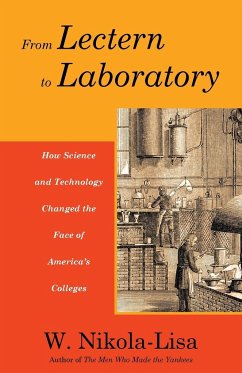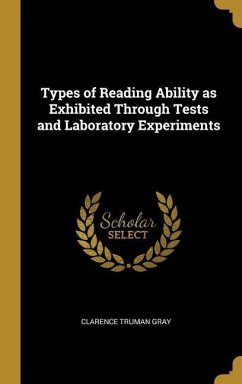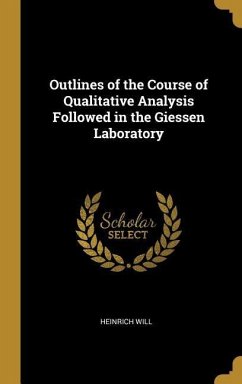In this well-documented account, W. Nikola-Lisa explores how science and technology changed the face of America's colleges and universities during the nineteenth century, bringing much needed reform to the classical liberal arts curriculum as well as suggesting new approaches to instruction. The author's highly detailed narrative explores the origins of the classical liberal arts curriculum, the rise of "mutual education societies," the push to establish independent polytechnic schools, the founding of the first land-grant universities, and, ultimately, through the generosity of wealthy industrialists, the creation of independent schools of science at the nation's oldest colleges. As the title of the book suggests, the author also emphasizes the pedagogical changes brought about by these initiatives, especially in the area of science and technology where hands-on experiential laboratory instruction slowly became the norm rather than the exception.








